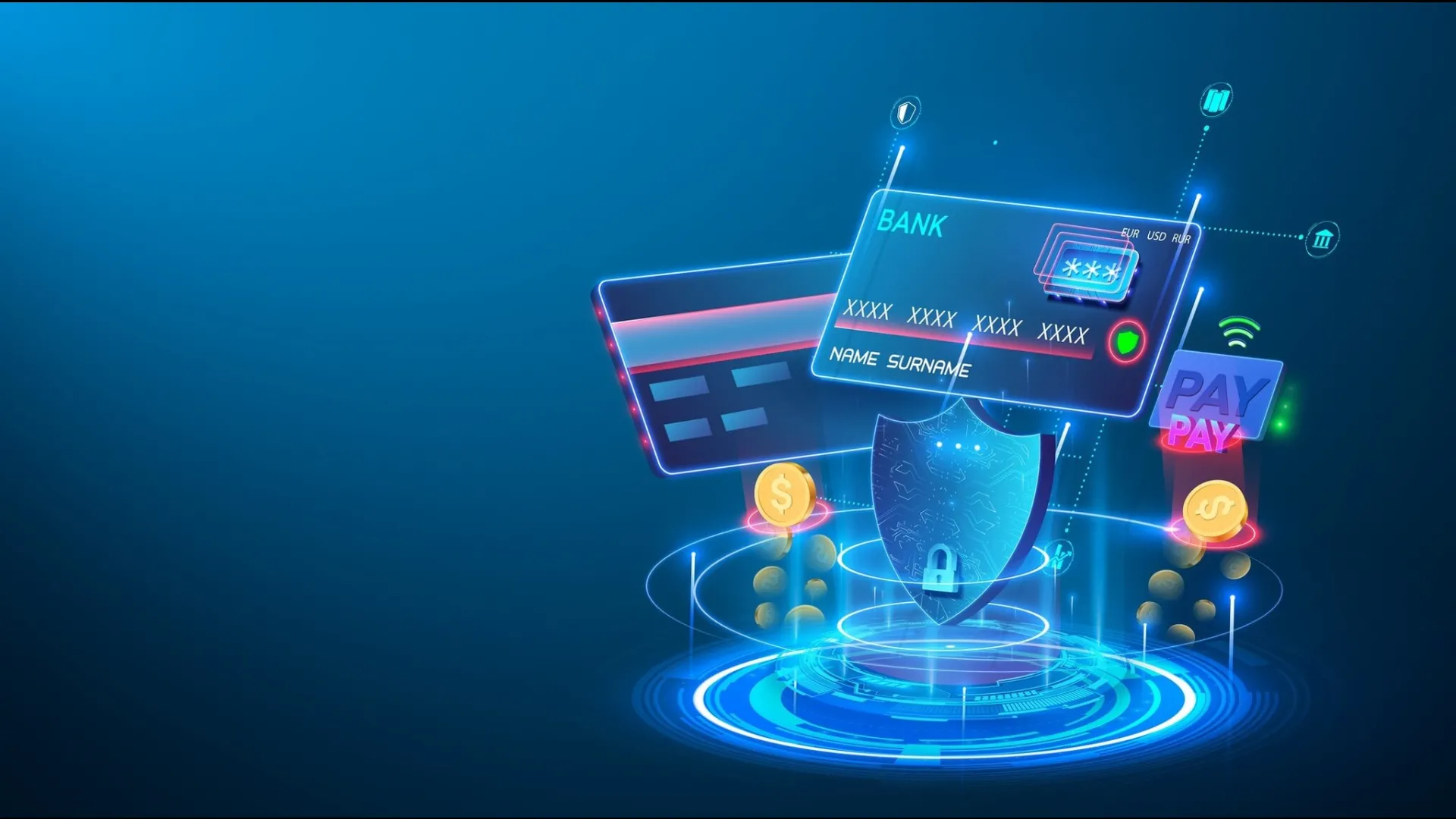In the ever-evolving landscape of cybersecurity and data protection, Visa has recently announced a significant shift in its approach to PCI PIN (Payment Card Industry Personal Identification Number) compliance.
The company has decided to sunset its PCI PIN compliance program, signalling changes in how compliance evidence is managed. While this might raise questions among businesses and payment processors, it's crucial to understand that the need for PCI PIN compliance still remains and is as crucial as ever.
This article delves deeper into the details of Visa's recent announcement and provides insights into what this change means for banking and financial services and compliance efforts.
In essence, Visa’s decision to conclude its PCI PIN compliance program doesn't negate the need for maintaining PCI PIN compliance, nor does it reduce its importance.
Visa states that the expectation of connecting members to maintain compliance with PCI PIN is unchanged. It is essential to understand that the importance of, and requirement for PCI PIN compliance, remains intact.
Understanding the Changes to the Visa PIN Security Program
Visa's decision to sunset its PCI PIN compliance program may seem surprising at first glance, but it is essential to clarify what this change entails. Essentially, Visa have decided they will no longer run the program where they review and collect evidence of PCI PIN compliance from companies. However, this doesn't mean that PCI PIN compliance is no longer necessary or relevant.
VISA still requires its members to continue to maintain compliance. PCI SSC will still maintain the PCI PIN QPA program and expects that participants will still rigorously adhere to the standards.
Visa PIN security requirements: Why PCI PIN Compliance Still Matters
Security
PCI PIN compliance is not just about ticking boxes; it's about safeguarding sensitive financial data. Payment card data breaches can have devastating consequences for businesses and consumers alike. Maintaining PCI PIN compliance ensures that robust security measures are in place to protect against potential breaches.
Industry Standards
The Payment Card Industry Data Security Standard (PCI DSS) is an industry-wide framework designed to protect payment card data. The PCI PIN Security Requirements supplement PCI DSS to provide a higher level of protection for card-holder PINs. Adhering to these standards demonstrates a commitment to industry best practices.
Customer Trust
Customers and clients expect their financial transactions to be secure. Staying PCI PIN compliant helps maintain trust by assuring them that their sensitive data is protected.
Legal and Regulatory Obligations
In the majority of cases PCI PIN compliance is not just a best practice; it is a legal requirement. Failure to comply with these regulations can result in significant fines and legal consequences, and VISA will still reserve the right to withhold its services from non-complaint members.
Business Reputation
Data breaches can tarnish a company's reputation irreparably. By upholding PCI PIN compliance, businesses can avoid the negative publicity and loss of customer trust that often accompanies such incidents.
In conclusion, Visa's decision to end its PCI PIN compliance program does not change the landscape, nor diminish the importance of maintaining PCI PIN compliance. Security, industry standards, customer trust, legal obligations, and business reputation all depend on it. Companies must continue their commitment to PCI PIN compliance, even if they no longer need to produce evidence of their compliance for Visa. By doing so, they protect both their interests and the security of their customers' financial data.
Need more information?
Utimaco’s subject matter experts are on-hand to help businesses understand the change and how it might impact them. Get in touch with us here!





